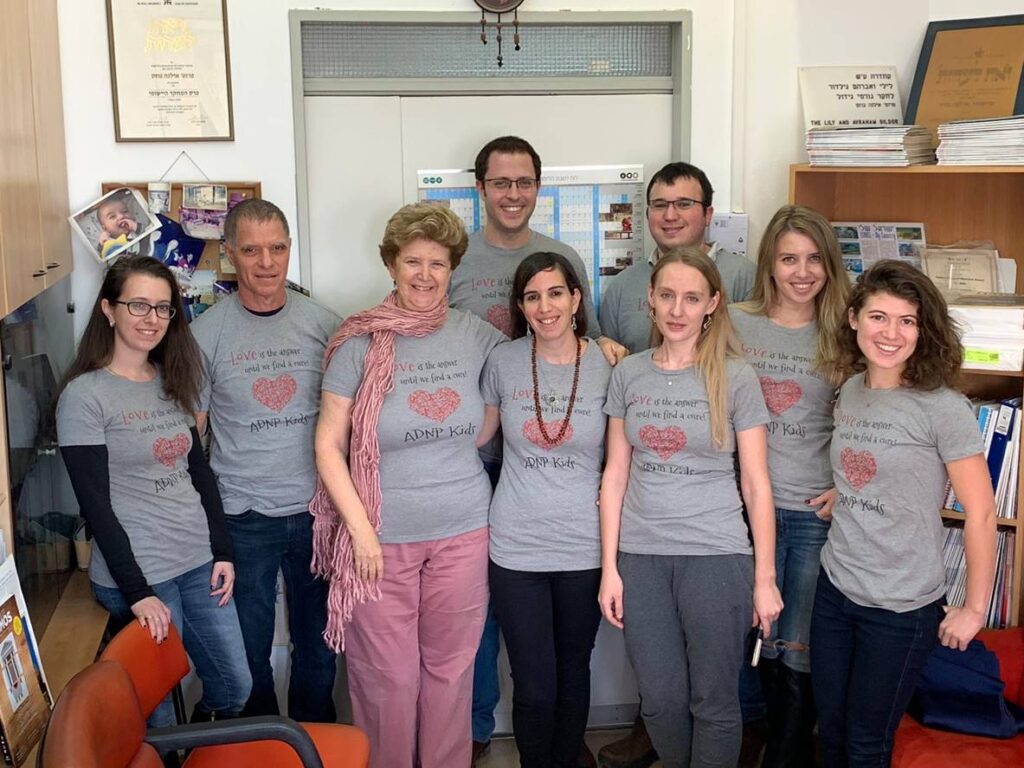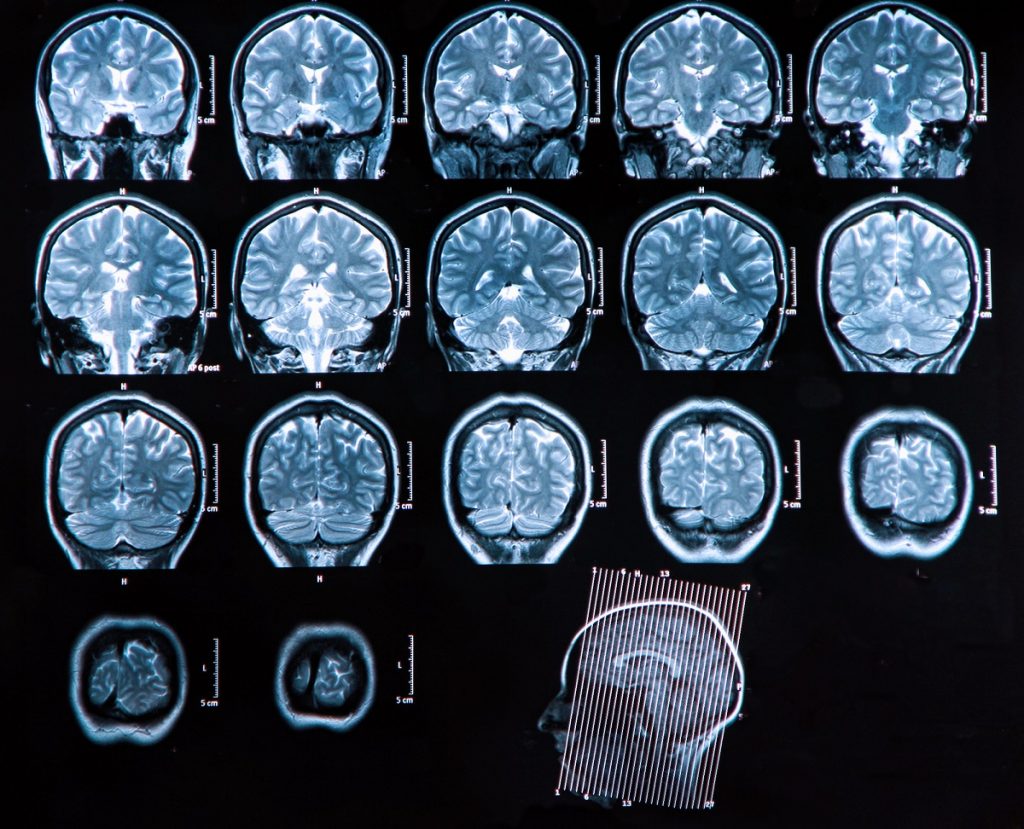Israeli scientists are suggesting that an experimental drug for Alzheimer’s disease may help children with autism, according to an extensive study published last month in the academic journal Translational Psychiatry.
The study was led by Professor Illana Gozes of the Department of Human Molecular Genetics and Biochemistry at Tel Aviv University and included researchers from Tel Aviv University, the Sheba Medical Center at Tel Hashomer Hospital, and research institutions across Europe (the biotechnology institute BIOCEV in the Czech Republic, the Aristotle University of Thessaloniki in Greece, the University of Antwerp in Belgium, and the University Hospital Centre in Zagreb, Croatia).
Prof. Gozes is a leading neuroscientist and an expert in the field of tauopathy (one of the leading pathologies in Alzheimer’s disease), a pathology characterized by deposition of the protein Tau in the brain. It is found in neurodegenerative diseases, the most common being Alzheimer’s disease.
The study in question looked at protein deposits found in the postmortem brain of a seven-year-old child with autism from Croatia. The child had ADNP syndrome, a condition on the autism spectrum characterized by intellectual disability, and impaired communication and social interaction. The syndrome causes a deficiency or malfunctioning of the ADNP protein, which is essential for brain development.

Twenty years ago, the activity-dependent neuroprotective protein ADNP was discovered and characterized in the laboratory of Prof. Gozes. She and her team learned that ADNP is vital for brain formation and presents one of the leading mutated genes that cause ADNP syndrome, a condition within the autism spectrum. Prof. Gozes also linked ADNP to Alzheimer’s disease and schizophrenia.
“ADNP protects against electrical blockades and we need the electricity in order for our brain to function. We realized it might be a very important protein and when we [took it out] of animals, there was no brain. So it is essential for the formation of the brain,” Prof. Gozes tells NoCamels.
It was only after the ADNP protein was created that researchers realized that autism could be determined by genetics. That was when they discovered that if a child is born with one mutation in a very critical gene, it can cause autism.
“When ADNP syndrome was discovered some six years ago,” Prof. Gozes says, “suddenly, ADNP became a leading gene to cause the de novo mutation [genetic alteration] which is found in children within the autism spectrum.”
Upon examining the brain of this seven-year-old child and comparing it to the brain of a 31-year-old adult with no preexisting conditions, the researchers found deposits of the tau protein in the child’s brain tissues.
“When we compared the postmortem ADNP syndrome brain tissues to tissue from the brain of a young person without ADNP syndrome, we found deposits of the tau protein in the ADNP child, a pathology that characterizes Alzheimer’s disease,” Prof. Gozes explained in a Tel Aviv University statement.

In healthy neurons, the tau protein normally binds to and stabilizes microtubules that maintain the cell’s structure and is part of its “transport system,” which transports processes in order for the brain to function, Prof. Gozes says.
In Alzheimer’s disease, abnormal chemical changes cause the tau protein to detach from microtubules and stick to other tau molecules, forming threads that eventually join to form tangles inside neurons.
Sign up for our free weekly newsletter
SubscribeProf Gozes says the team found that ADNP regulates this transport system and a small fragment of ADNP enhances the tau protein, which ends up giving strength to the microtubules and protecting the binding.
“We saw in the child’s brain that tau, instead of binding to the microtubules, aggregates and precipitates in the cell and actually keeps them protected,” Prof Gozes says.

In light of the findings, the researchers engineered the ADNP mutation in a cell culture and added a new drug candidate that included that small fragment of ADNP.
The researchers tested an experimental drug called NAP, which was originally developed for Alzheimer’s disease. The drug was used on nerve cells in a model of ADNP syndrome with the mutation inducing Alzheimer’s-like symptoms. The experiment was a success, with the damaged nerve-like cells returning to normal function.
NAP (also called CP201) has been classified as an “orphan drug” by the US Food and Drug Administration and is currently in the preparatory stages of a clinical trial in children with ADNP syndrome through the Ness-Ziona company Coronis Neurosciences, where Prof. Gozes serves as chief science officer.
“In the past, we extracted from ADNP a short segment called CP201. We now show that CP201 is protective against ADNP mutations affecting Tau activity,” said Gozes in the statement. Coronis Neurosciences, a specialty pharmaceutical company focused on the development of therapies for neurocognitive and neurodegenerative disorders, holds the license to develop CP201 from Ramot, the technology transfer company of Tel Aviv University. The company is looking for funding in order to be able to begin clinical trials as soon as possible.
“Our research opens a new horizon for the study and treatment of Alzheimer’s disease and autism,” says Professor Gozes. “To date, Alzheimer’s researchers have focused primarily on the amyloid and Tau deposits that form in the brain of Alzheimer’s patients. Our study is turning the attention in another direction – mutations in regulatory proteins that affect Tau, thus damaging the structure of the neurons in the brain.”
Prof. Gozes tells NoCamels the reason she focuses her work on children is because she believe “the earlier you go, the better chance you have to provide for a better life.”
“When I speak to clinicians, I tell them the younger they go in their research, the better chance they will have to actually help. That’s what I feel,” she says.
SEE ALSO: 3 Recent Israeli-Led Breakthrough Discoveries In Autism Research
Prof. Gozes has been ranked as one of the world’s leading experts in the field of tauopathy and an expert in drugs that protect the brain. The ranking comes from the international website Expertscape, based on 359 articles published since 2009.
Related posts

Israeli Medical Technologies That Could Change The World

Harnessing Our Own Bodies For Side Effect-Free Weight Loss

Missing Protein Could Unlock Treatment For Aggressive Lung Cancer




Facebook comments